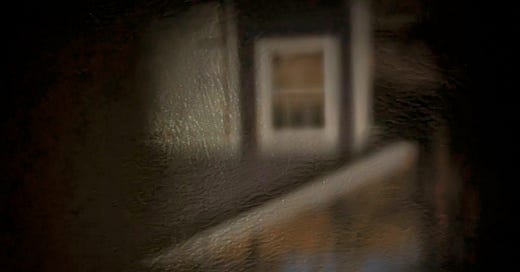Table of Contents
Chapter 1: Micah—Chapter 2: Not Micah—Chapter 3: Micah
Chapter 4: Not Micah—Chapter 5: Micah—Chapter 6: Not Micah
Chapter 7: Micah—Chapter 8: Not Micah—Chapter 9: Micah
Chapter 10: Not Micah—Chapter 11: Micah—Chapter 12: Not Micah
Chapter 13: Micah—Chapter 14: Not Micah—Chapter 15: Micah
Chapter 16—Not Micah—Chapter 17: Micah—Chapter 18: Not Micah
Chapter 4: Not Micah
At what level is existence? Is it found at the surface level, that vague concept of reality that humanity clings too so pugnaciously? Is it found a layer lower, where electrical signals create your interpretations, reactions, and memories? Or deeper still, in the infinitesimal particles that constitute everything else above them, and share themselves freely with the surrounding environment? If humanity believes themselves to be conscious, why do they attribute it to one specific layer, which is after all an artificial concept with no discrete border, and not to it all?
I ask myself these questions as I float between the ten stations, the ten science teams, the ten experiments thought crucial to the survival of humanity. Some of them will be failures, certainly a few are already trending in that direction, and that will not change the course that humanity takes. But it very well could determine, once their flower disperses its seeds through space, if anything takes root, or if they all wither to dust.
This is the queen’s gambit. Humanity offers up its own planet, wasted slowly through centuries of pollution and misuse, and then rapidly in the creation of great space-faring arks, in the hopes of finding purchase amongst those far distant stars. In the hopes that something will germinate, even though the process will leave their homeworld an unlivable nightmare for them.
How then, if new science is required to be successful in this venture, but so is construction on a previously unimaginable scale, do you use the finite resource of human intellect?



